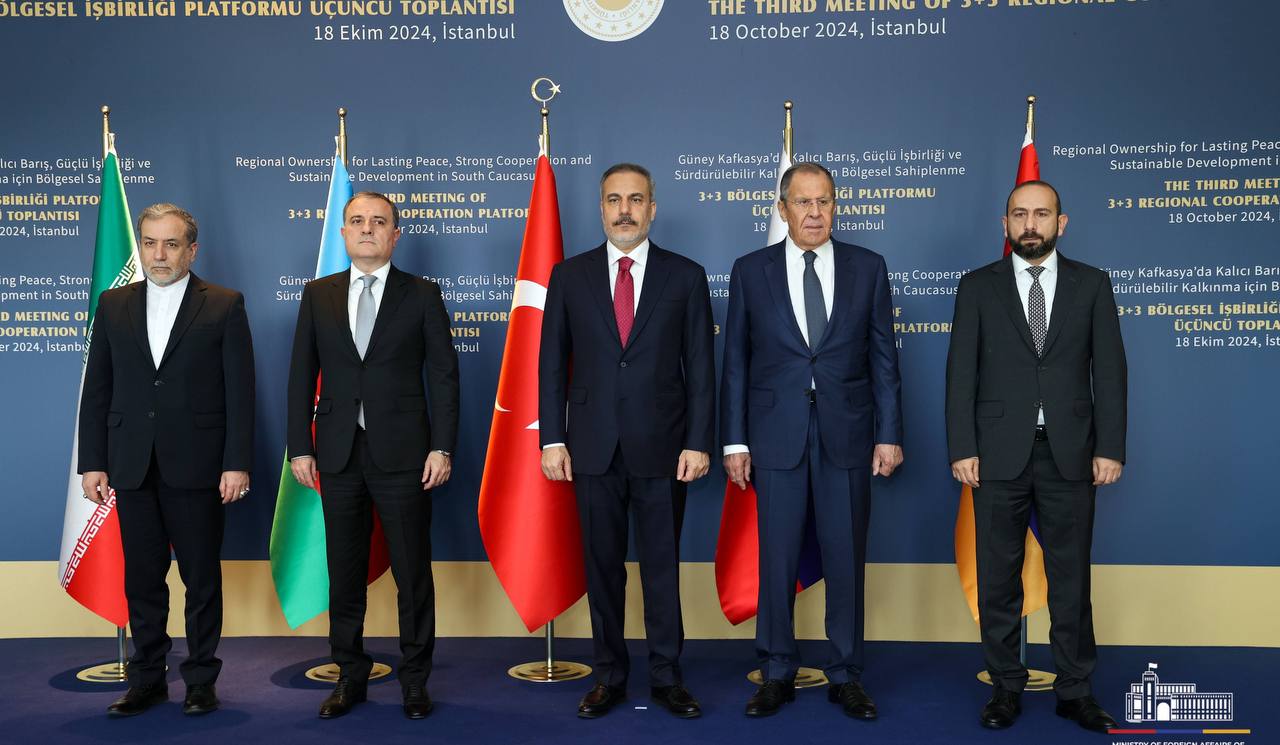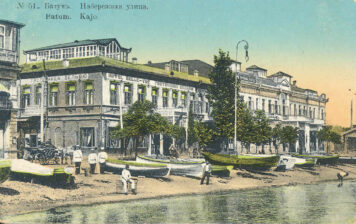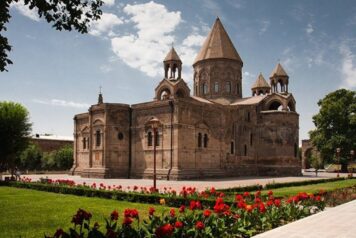On Turkey’s approaches and stance toward the 3+3 format
23.10
2024
Summary: The article looks at the emergence and goals of the 3+3 format, as well as issues related to Turkey’s foreign policy strategy in that regard. The 3+3 is definitely a format serving Turkish interests, aimed at creating a pan-Turkic utopia in the South Caucasus.
The idea of settling issues in the region, which, as defined, lies at the heart of the 3+3 format, was initially proposed by Iran with the aim of reducing the U.S. influence in the South Caucasus as much as possible. Additionally, Iran proposed its solution to the Nagorno-Karabakh conflict and the normalization of Armenia-Azerbaijan relations, in which Turkey and Russia should also be involved (Former Iranian Foreign Minister (2013–2021) Mohammad Javad Zarif writes about this in his memoirs).
Officially, the 3+3 format was created at the suggestion of R. T. Erdogan and I. Aliyev, with plans to involve Russia, Turkey and Iran, as well as Armenia, Azerbaijan and Georgia. Moreover, the Ministry of Foreign Affairs of Georgia stated at the outset that the country is not going to be part of it because sovereignty and territorial integrity are a red line for them, and their involvement in any format cannot be at the expense of their own national interests.
Thus, it becomes clear that Russia, Turkey and Iran have gathered first to “normalize” relations between Armenia and Azerbaijan. Hereby, Turkish and Azerbaijani diplomats are setting the task of de jure and de facto eliminating any possible role of the OSCE Minsk Group in Armenia-Azerbaijan relations, thus pushing both the U.S. and France out of the process.
After the third 3+3 format meeting held in Istanbul on Oct. 18, 2024, the following conclusions can be drawn from the textual analysis of the statement issued by the Turkish Ministry of Foreign Affairs: It is noted that “the format aims to develop multilateral cooperation in the South Caucasus on the basis of mutual benefit, with the understanding that it is the states of the region that are in charge of the region.” At first glance, for both Russia and Iran, this format is aimed at reducing the influence of the U.S. and France in the South Caucasus. However, the “Western bloc” here is, in fact, represented by Turkey and its satellite, Azerbaijan. Thus, the increase in Turkey’s hold in the South Caucasus will inevitably lead to the expansion of NATO’s sphere of influence.
Turkish diplomacy presents the mentioned process as “establishing lasting peace and stability in the South Caucasus,” but there are reasonable doubts as to how pure Turkey’s motives are. The reason for thinking so is that with regard to the Armenia-Azerbaijan relations’ normalization process, Turkey—and Russia and Iran as well—is an interested party and in no way can play the role of an impartial mediator. After all, I think there is no need to recall the details of Turkey’s role in the hostilities carried out by Azerbaijan against Artsakh and Armenia since 2020.
It would be extremely naive to think that the Turkish state intends to engage in geopolitical philanthropy and care about Armenia when, in fact, Turkey will not give its interests up even to its brother Azerbaijan under any circumstances.
The idea of establishing stability through economic cooperation is being promoted by Turkey at various levels, this being a manifestation of Turkish soft power. In some aspects, this coincides with the economic interests of Russia and Iran due to the various economic sanctions imposed on them by the “Western bloc”.
In conclusion, it can be stated that Turkish diplomats skillfully characterize their unilateral demands as “dialogue”, but they, unfortunately, lack impartiality and respect for the approaches of the other party.
Moreover, Turkey has repeatedly announced at different levels that the normalization of relations between Armenia and Turkey is a process directly connected with the relations between Armenia and Azerbaijan, which, in itself, is destructive. And the existence of the “Western Azerbaijan” term—used for propaganda purposes—in the rhetoric of the political elite of Azerbaijan clearly proves that the latter cannot have the desire to reach any kind of normalization with Armenia (for more details, see “On ‘Western Azerbaijan’ Propaganda Discourse”).
It is no secret that R. T. Erdogan announced in Baku back in 2018 that Armenia cannot expect the opening of borders as long as Nagorno-Karabakh is “occupied.” Nevertheless, he mentioned it as a necessary but never a sufficient condition.
Thus, through the 3+3 format, Turkey’s diplomatic apparatus is trying to exert additional pressure on Armenia, particularly with the involvement of Russia and Iran, in order to win additional concessions. However, simply avoiding participation—following the example of Georgia—is not a solution to the issue either.
Therefore, I think it is necessary to develop and put into practice a comprehensive concept and strategic plan serving the Armenian interests by activating bilateral work with Russian and Iranian partners, as well as with Western pro-Armenian circles, in order to be able to withstand these complex actions of Turkish diplomacy.





